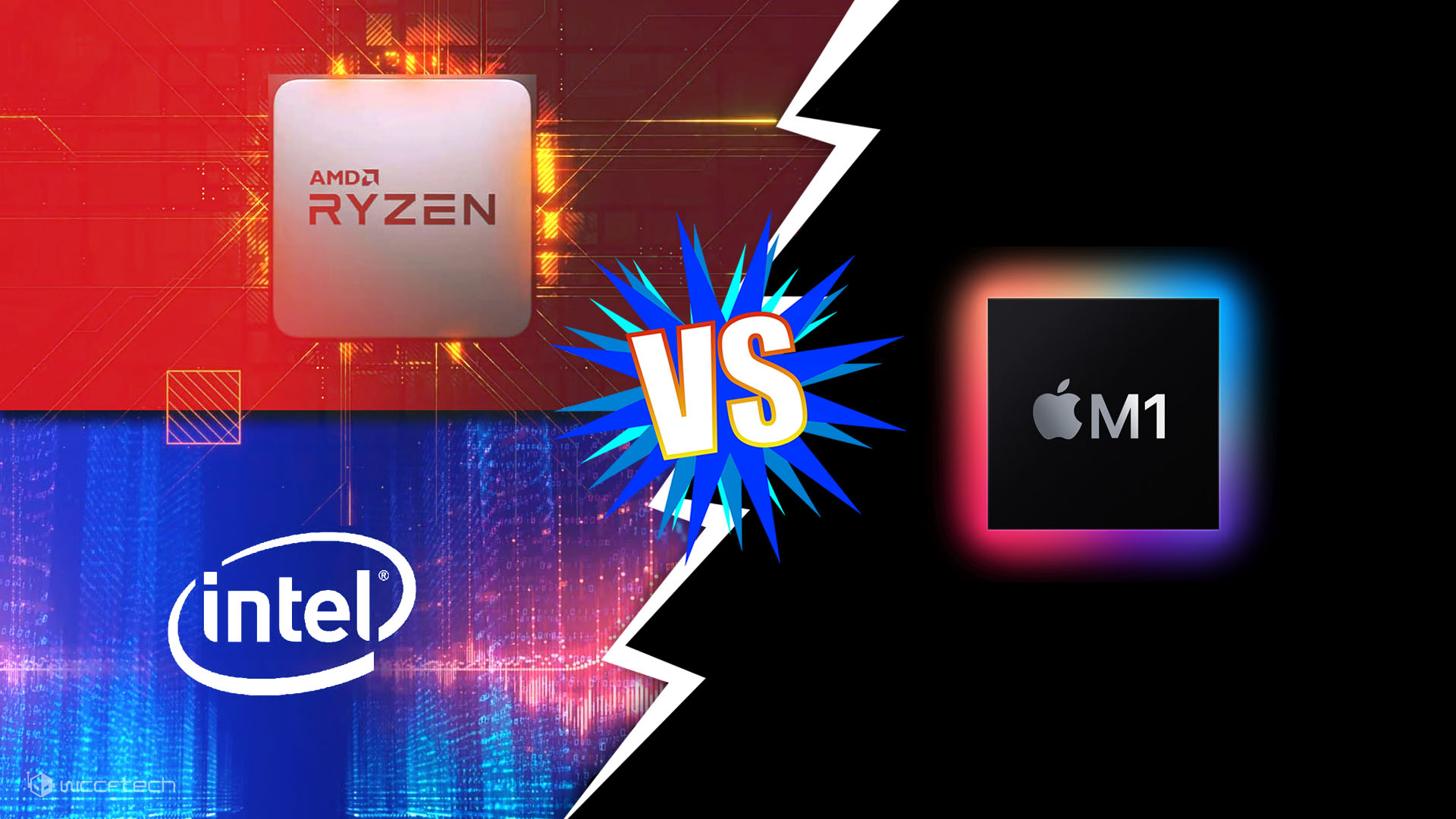Sorry didn't mean to be rude.
My point is that x86 currently relies on SMT to saturate a core, but for applications that is single-threaded, it's not gonna take advantage of SMT anyway.
Yes you could argue that's not using the core to its "maximum potential" but it's more of a drawback of x86 itself, not RISC's fault for not having as much overhead; realistically if you are trying to find out how fast single-threaded workload can run on competing processors, this sort of comparison isn't unfair.
It sounds like you are looking for a core-to-core comparison (regardless of threads) and that's been done before, but you likely have read about it already:
I have something pretty exciting for our readers today; something that almost everyone appears to have missed in the clamor for Apple M1 benchmark comparisons. What if I told you that pretty much all of the single-core benchmark comparisons between the Apple M1 and modern x86 processors you see...

wccftech.com


